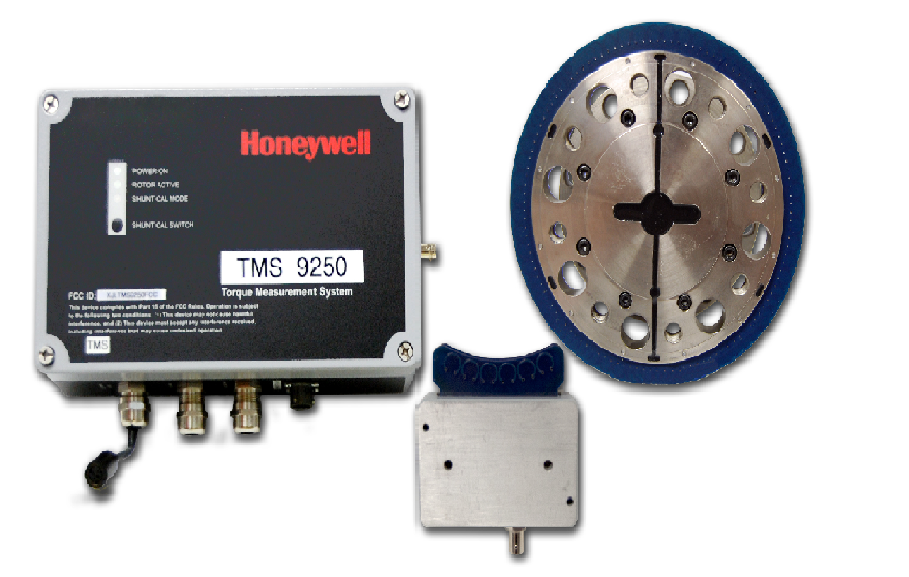Extended service contracts refer to agreements which help car owners to cover the costs of expensive repairs. Under these agreements, car owners can recover the expenses they incur for replacing certain mechanical and electrical components. Unfortunately, the owners cannot make any claims for the money they spend on routine maintenance. On the other hand, car warranties are essentially financial guarantees which automobile manufacturers offer to car buyers. These policies come into effect when the buyers purchase their new cars. The provisions of these warranties cover specific problems that these owners may face in the event of a mechanical breakdown. The warranties are generally for a specific period or mileage.
Torque Group – Are manufacturers’ warranties and extended service contracts the same?
Torque Group is an esteemed American company offering finance and insurance products to car dealerships across the country for 15 years. The owners of these dealerships can rely on qualified professionals to provide them with the best solutions when it comes to automobile servicing and maintenance covering total loss protection, extended service contracts, accelerator systems, and agreements relating to battery life. Car dealership owners can even get road assistance with all-terrain and utility vehicles from popular manufacturers as well.
Automobile specialists from Torque Group say most car owners often confuse manufacturers’ warranties with extended service contracts. Both of them are not the same. Given below are their key differences:
1 Commencement of policy
Buyers can avail car manufacturers’ warranties at the time of purchasing their new cars for no extra costs. These policies are included in the overall price of these cars. On the other hand, car owners can apply for an extended service contract after the expiry of their manufacturers’ warranties.
2 Coverage
Manufacturers’ warranties provide car owners with coverage for costs they incur in routine maintenance and replacing specific components. These policies are generally for a specific period of time or mileage. In contrast, extended service contracts provide coverage for unforeseen expensive repairs and replacing basic components.
3 Who can offer warranties?
Only manufacturers can have the authorization to offer warranties to potential car buyers. They even specify the period, terms, and coverage of these insurance plans. On the other hand, car owners can only offer extended service contracts from third-party providers. They can acquire these agreements at the time after their manufacturers’ warranties expire. It is prudent to consult experienced professionals in the field to choose the best service contracts after the car warranties expire. One should pay for what he needs and nothing extra.
Automobile specialists from Torque Group sum up by saying the objective of both manufacturers’ warranties and extended service contracts are the same.These policies help car owners to cover the costs they incur whenever their cars breakdown on the road. Consumers should note the key differences between the two so that they can make informed decisions. They should read the terms and conditions of both wells and understand their implications in the future. In the event of any doubt, they should consult automobile professionals in the field and have them clarified so that they incur no hassles in the long-run.

